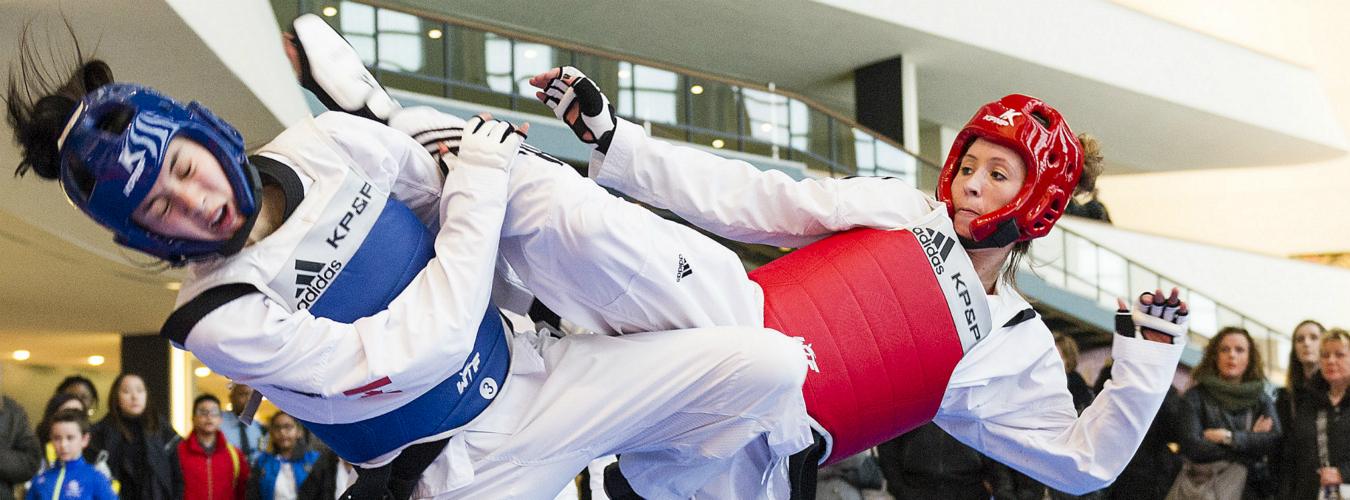
Background
Due to its vast reach, unparalleled popularity and foundation of positive values, sport is ideally positioned to contribute towards the United Nations’ objectives for development and peace.
To raise awareness of this potential, 6 April was declared as the International Day of Sport for Development and Peace (IDSDP) by the UN General Assembly. The adoption of this Day signifies the increasing recognition by the UN of the positive influence that sport can have on the advancement of human rights, and social and economic development.
In its Resolution (A/RES/67/296) establishing the Day, the General Assembly
“invites States, the United Nations system and, in particular, the United Nations Office on Sport for Development and Peace, relevant international organizations, and international, regional and national sport organisations, civil society including, non-governmental organizations and the private sector, and all other relevant stakeholders to cooperate, observe and raise awareness of the International Day of Sport for Development and Peace.”
Many organizations of the UN system, including the International Forum on Sport, Peace and Development, organized jointly with the UN Office on Sport for Development and Peace, have already established partnerships with the International Olympic Committee. The mission and role of the Committee, as set out in the Olympic Charter, are placing sport at the service of humankind and promoting a peaceful society and healthy lifestyles by associating sport with culture and education and safeguarding human dignity without any discrimination whatsoever.
The General Assembly also recognizes the role that the International Paralympic Committee plays in showcasing the achievements of athletes with an impairment to a global audience and in acting as a primary vehicle to change societal perceptions of disability sport.
Sport encourages:
- Individual development
- Health promotion and disease prevention
- The promotion of gender equality
- Social integration and the development of social capital
- Peace building and conflict prevention/resolution
- Post-disaster/trauma relief and normalisation of life
- Economic development
- Communication and social mobilisation
